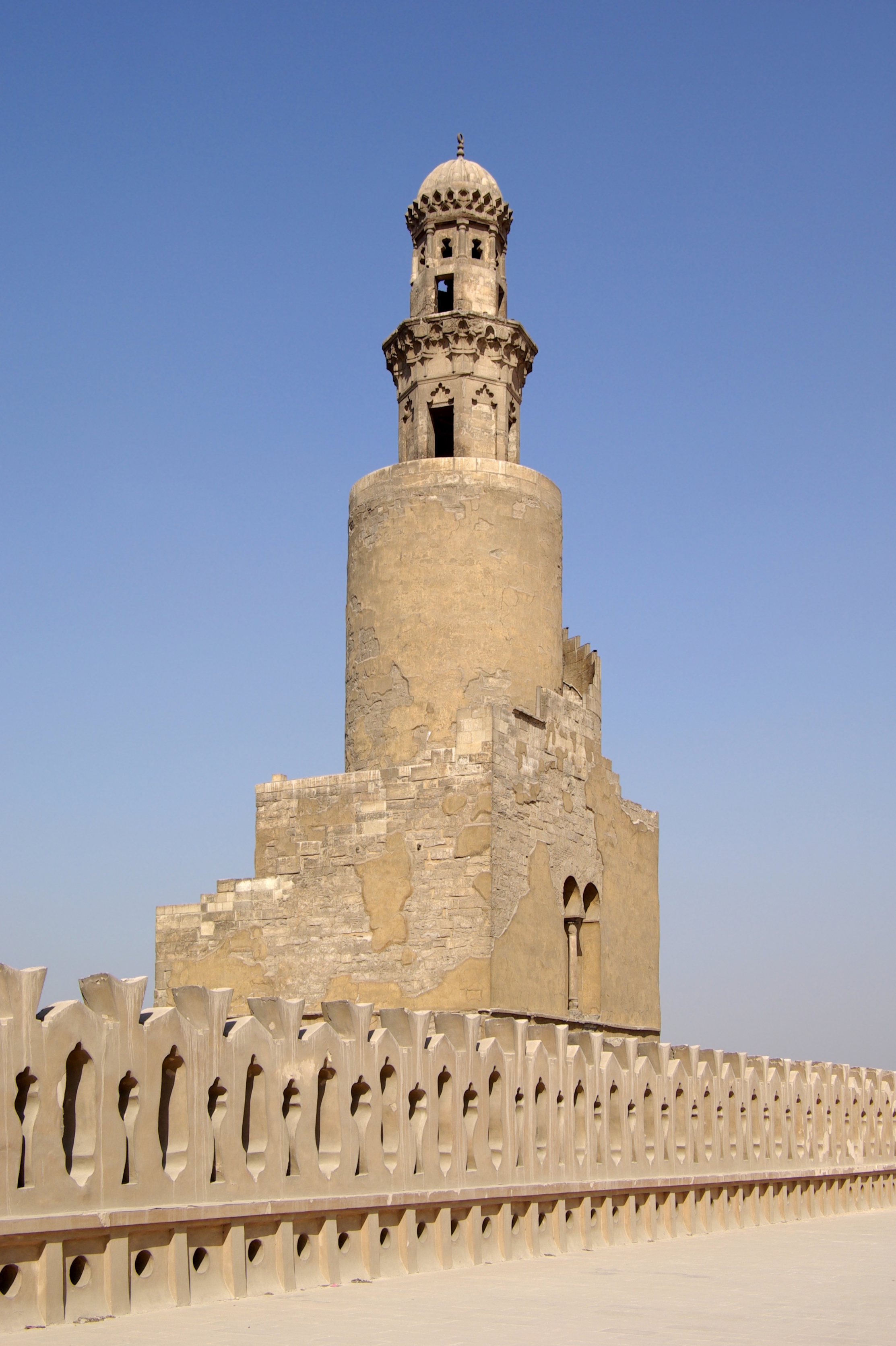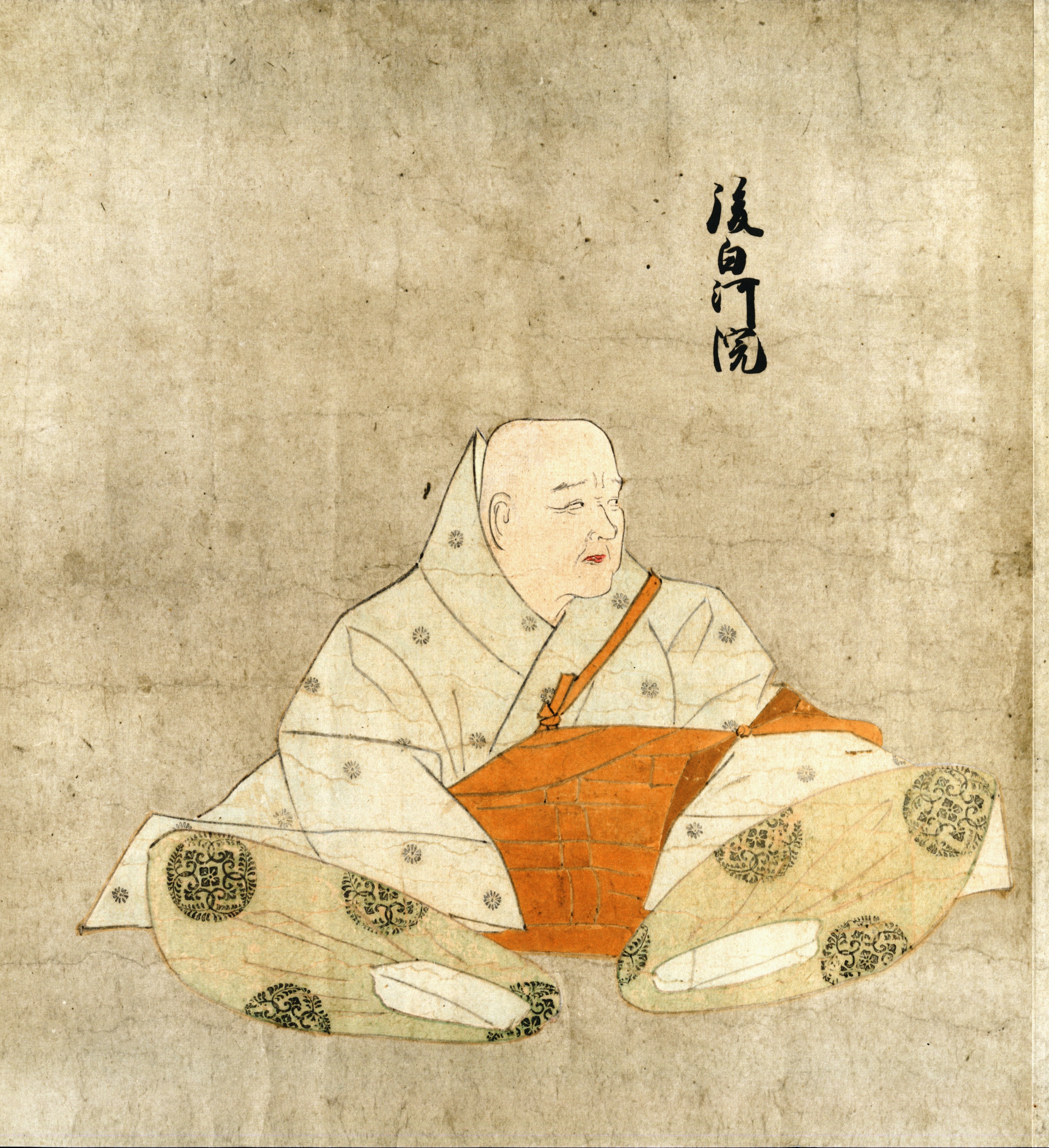|
Abū ‘Amr ‘Uthman Ibn Al-Nābulusī
Alā al-Dīn Abū Amr Uthman ibn Ibrahīm ibn Khālid al-Qurashī Ibn al-Nābulusī (born Cairo 19 Dhū al-Ḥijja 588 AH/26 December 1192 CE, died 25 Jumādā I 660/17 April 1262) was an administrator in Ayyubid Egypt. He is most noted today for producing the most detailed surviving fiscal record of any part of the rural medieval Arab world. Life In early life, al-Nābulusī trained as a religious scholar. But he became a civil servant under the Ayyubid sultan al-Kāmil, and by the late 1220s was one of the Sultan's right-hand men, serving as his chief financial advisor. However, in 1237, he fell from grace. He was imprisoned for a month and his family home expropriated and sold, after which he appears to have retired into producing works of literature: it is thought that his writings date from after 1238. In 1245, however, al-Kāmil's successor, al-Malik al-Ṣāliḥ, commanded al-Nābulusī to audit the agricultural production of the Fayyum region of Egypt, whose productivity ... [...More Info...] [...Related Items...] OR: [Wikipedia] [Google] [Baidu] |
Ayyubid Egypt
Following the Islamic conquest in 641-642, Lower Egypt was ruled at first by governors acting in the name of the Rashidun Caliphs and then the Umayyad Caliphs in Damascus, but in 750 the Umayyads were overthrown. Throughout Islamic rule, Askar was named the capital and housed the ruling administration. The conquest led to two separate provinces all under one ruler: Upper and Lower Egypt. These two very distinct regions were governed by the military and followed the demands handed down by the governor of Egypt and imposed by the heads of their communities. Egypt was ruled by many dynasties from the start of Islamic control in 639 until the early 16th century. The Umayyad period lasted from 658 to 750. The Abbasid period which came after was much more focused on taxes and centralizing power. In 868, the Tulunids, ruled by Ahmad ibn Tulun, expanded Egypt's territory into the Levant. He would rule until his death in 884. After years of turmoil under Ahmad ibn Tulun's successor, ma ... [...More Info...] [...Related Items...] OR: [Wikipedia] [Google] [Baidu] |
Ayyubid
The Ayyubid dynasty (), also known as the Ayyubid Sultanate, was the founding dynasty of the medieval Sultan of Egypt, Sultanate of Egypt established by Saladin in 1171, following his abolition of the Fatimid Caliphate, Fatimid Caliphate of Egypt. A Sunni Muslim of Kurds, Kurdish origin, Saladin had originally served the Zengid dynasty, Zengid ruler Nur al-Din Zengi, Nur al-Din, leading the latter's army against the Crusader invasions of Egypt, Crusaders in Fatimid Egypt, where he was made vizier (Fatimid Caliphate), vizier. Following Nur al-Din's death, Saladin was proclaimed as the first Sultan of Egypt by the Abbasid Caliphate, and rapidly expanded the new sultanate beyond Lower Egypt, Egypt to encompass most of Syria (region), Syria, in addition to Hijaz, Southern Arabia, Yemen, northern Nubia, Tripolitania and Upper Mesopotamia. Saladin's military campaigns set the general borders and sphere of influence of the sultanate of Egypt for the almost 350 years of its existence. Mos ... [...More Info...] [...Related Items...] OR: [Wikipedia] [Google] [Baidu] |
Al-Kāmil
Al-Malik al-Kamil Nasir ad-Din Muhammad (; – 6 March 1238), titled Abu al-Maali (), was an Egyptian ruler and the fourth Ayyubid sultan of Egypt. During his tenure as sultan, the Ayyubids defeated the Fifth Crusade. He was known to the Frankish crusaders as Meledin, a name by which he is referred to in some older western sources. As a result of the Sixth Crusade, he ceded West Jerusalem to the Christians and is known to have met with Saint Francis. Biography Jazira campaign Al-Kamil was the son of the Kurdish sultan al-Adil ("Saphadin"), a brother of Saladin. Al-Kamil's father was laying siege to the city of Mardin (in modern-day Turkey) in 1199 when he was called away urgently to deal with a security threat in Damascus. Al-Adil left al-Kamil to command the forces around Mardin continuing the siege. Taking advantage of the Sultan's absence, the combined forces of Mosul, Sinjar and Jazirat ibn Umar appeared at Mardin when it was on the point of surrender, and drew Al-Kam ... [...More Info...] [...Related Items...] OR: [Wikipedia] [Google] [Baidu] |
Al-Malik Al-Ṣāliḥ
Al-Malik as-Salih Najm al-Din Ayyub (5 November 1205 – 22 November 1249), nickname: Abu al-Futuh (), also known as al-Malik al-Salih, was the Ayyubid ruler of Egypt from 1240 to 1249. Early life As-Salih was born in 1205, the son of Al-Kamil and a Nubian concubine. Her name was Ward Al-Muna and she was also the servant of Al-Kamil's other wife, Sawda bint Al-Faqih, the mother of Adil. In 1221, he became a hostage at the end of the Fifth Crusade, while John of Brienne became a hostage of as-Salih's father Al-Kamil, until Damietta was reconstructed and restored to Egypt. In 1232, he was given Hasankeyf in the Jazirah (now part of Turkey), which his father had captured from the Artuqids. In 1234 his father sent him to rule Damascus, removing him from the succession in Egypt after suspecting him of conspiring against him with the Mamluks. In 1238, al-Kamil died leaving as-Salih his designated heir in the Jazira, and his other son Al-Adil II as his heir in Egypt. In the dynast ... [...More Info...] [...Related Items...] OR: [Wikipedia] [Google] [Baidu] |
Fayyum
Faiyum ( ; , ) is a city in Middle Egypt. Located southwest of Cairo, in the Faiyum Oasis, it is the capital of the modern Faiyum Governorate. It is one of Egypt's oldest cities due to its strategic location. Name and etymology Originally founded by the ancient Egyptians as Shedet, its current name in English is also spelled as Fayum, Faiyum or al-Faiyūm. Faiyum was also previously officially named Madīnat al-Faiyūm (Arabic for ''The City of Faiyum''). The name Faiyum (and its spelling variations) may also refer to the Faiyum Oasis, although it is commonly used by Egyptians today to refer to the city. The modern name of the city comes from Coptic / ' (whence also the personal name '), meaning ''the Sea'' or ''the Lake'', which in turn comes from late Egyptian ''pꜣ-ym'' of the same meaning, a reference to the nearby Lake Moeris; the extinct elephant ancestor '' Phiomia'' was named after it. Ancient history Archaeological evidence has found occupations around the ... [...More Info...] [...Related Items...] OR: [Wikipedia] [Google] [Baidu] |
Muqattam
The Mokattam ( , also spelled Muqattam), also known as the Mukattam Mountain or Hills, is the name of an Eastern Desert plateau as well as the district built over it in the Southern Area of Cairo, Egypt. Etymology The Arabic name ''Mokattam'' means cut off or broken off and apparently refers to how the low range of hills is divided into three sections. Paul Casanova advocated the idea that it is a corruption of an older name Maqaduniya (), mentioned in Medieval Arabic sources, which he derives from ''Makhetow'' (), one of the names of Memphis. Landform The Mokattam Formation, named after the hills, outcrops throughout the plateau. The highest segment is a low mountain landform called Moqattam Mountain. In the past the exposed Mokattam Formation was an important ancient Egyptian quarry site for limestone, used in the construction of temples and pyramids. Settlement The hills are in the region of ancient Fustat, the new capital founded by 'Amr ibn al-'As after the ... [...More Info...] [...Related Items...] OR: [Wikipedia] [Google] [Baidu] |
NYU Press
New York University Press (or NYU Press) is a university press that is part of New York University. History NYU Press was founded in 1916 by the then chancellor of NYU, Elmer Ellsworth Brown. Directors * Arthur Huntington Nason, 1916–1932 * No director, 1932–1946 * Jean B. Barr (interim director), 1946–1952 * Filmore Hyde, 1952–1957 * Wilbur McKee, acting director, 1957–1958 * William B. Harvey, 1958–1966 * Christopher Kentera, 1966–1974 * Malcolm C. Johnson, 1974–1981 * Colin Jones, 1981–1996 * Niko Pfund, 1996–2000 * Steve Maikowski, 2001–2014 * Ellen Chodosh, 2014–2024 * Eric Schwartz, 2024–present Notable publications Once best known for publishing '' The Collected Writings of Walt Whitman'', NYU Press has now published numerous award-winning scholarly works, such as ''Convergence Culture'' (2007) by Henry Jenkins, ''The Rabbi's Wife'' (2006) by Shuly Schwartz, and ''The Encyclopedia of Jewish Life Before and During the Holocaust'' (2002). O ... [...More Info...] [...Related Items...] OR: [Wikipedia] [Google] [Baidu] |
Coptic Christian
Copts (; ) are a Christian ethnoreligious group native to Northeast Africa who have primarily inhabited the area of modern Egypt since antiquity. They are, like the broader Egyptian population, descended from the ancient Egyptians. Copts predominantly follow the Coptic Orthodox Church in Alexandria. They are the largest Christian denomination in Egypt and the Middle East, as well as in Sudan and Libya.Coptic Orthodox Church Listings for Libya, p. 136 account for roughly 5 to 15 percent of the population of Egypt. [...More Info...] [...Related Items...] OR: [Wikipedia] [Google] [Baidu] |
1192 Births
Year 1192 ( MCXCII) was a leap year starting on Wednesday of the Julian calendar, the 1192nd year of the Common Era (CE) and Anno Domini (AD) designations, the 192nd year of the 2nd millennium, the 92nd year of the 12th century, and the 3rd year of the 1190s decade. Events * January 7 – Venus occults Jupiter. * April 28 – Conrad of Montferrat (Conrad I), King of Jerusalem, is assassinated in Tyre, only days after his title to the throne is confirmed by election. The killing is carried out by Hashshashin, later the basis of folk etymology for the English word "assassin." * August 21 – Minamoto no Yoritomo is granted the title of ''shōgun'', thereby officially establishing the first shogunate in the history of Japan. *Margaritus of Brindisi is created the first Count of Malta for capturing Constance, Holy Roman Empress in 1191. *Second Battle of Tarain in India: The Ghurid forces of Mu'izz al-Din are victorious over Prithviraj Chauhan. * The Lugouqiao (later the Marco ... [...More Info...] [...Related Items...] OR: [Wikipedia] [Google] [Baidu] |
1262 Deaths
Year 1262 ( MCCLXII) was a common year starting on Sunday of the Julian calendar. Events By place Mongol Empire * Berke–Hulagu war: Mongol forces under Berke Khan, ruler of the Golden Horde, raid territory in the Caucasus belonging to his cousin Hulagu Khan, ruler of the Ilkhanate. Berke supports the Georgian rebels and allies with the Mamluks. He defeats the Ilkhanate forces on the Terek River, together with the Mamluk army led by Baibars (or Abu al-Futuh), saving Palestine and Arabia from Ilkhanate occupation. Europe * March 8 – Battle of Hausbergen: The bourgeois of Strasbourg defeat a German army of knights (some 5,000 men) under Bishop Walter of Geroldseck. Strasbourg becomes an imperial Free City of the Holy Roman Empire. * May – King Alfonso X ("the Wise") of Castile and León, at a meeting in Jaén, demands military support from Muhammad I, ruler of Granada, and relinquishes the ports of Tarifa and Algeciras to prepare an invasion of ... [...More Info...] [...Related Items...] OR: [Wikipedia] [Google] [Baidu] |






